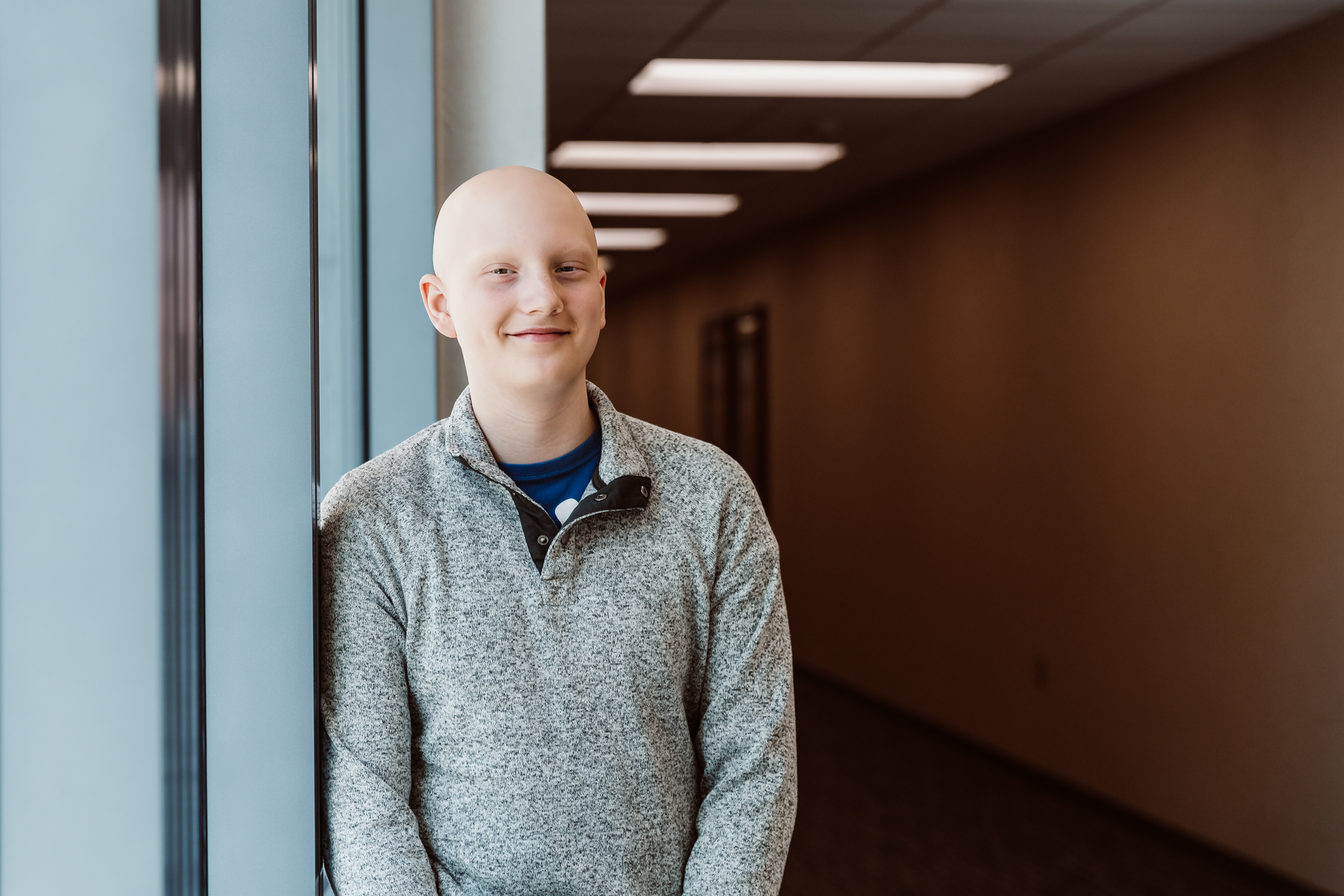
Bolton’s Bravery
With specialized, comprehensive care in hospitals tailored to the unique needs of pediatric patients, children’s hospitals help children and teens like Bolton defy the odds.
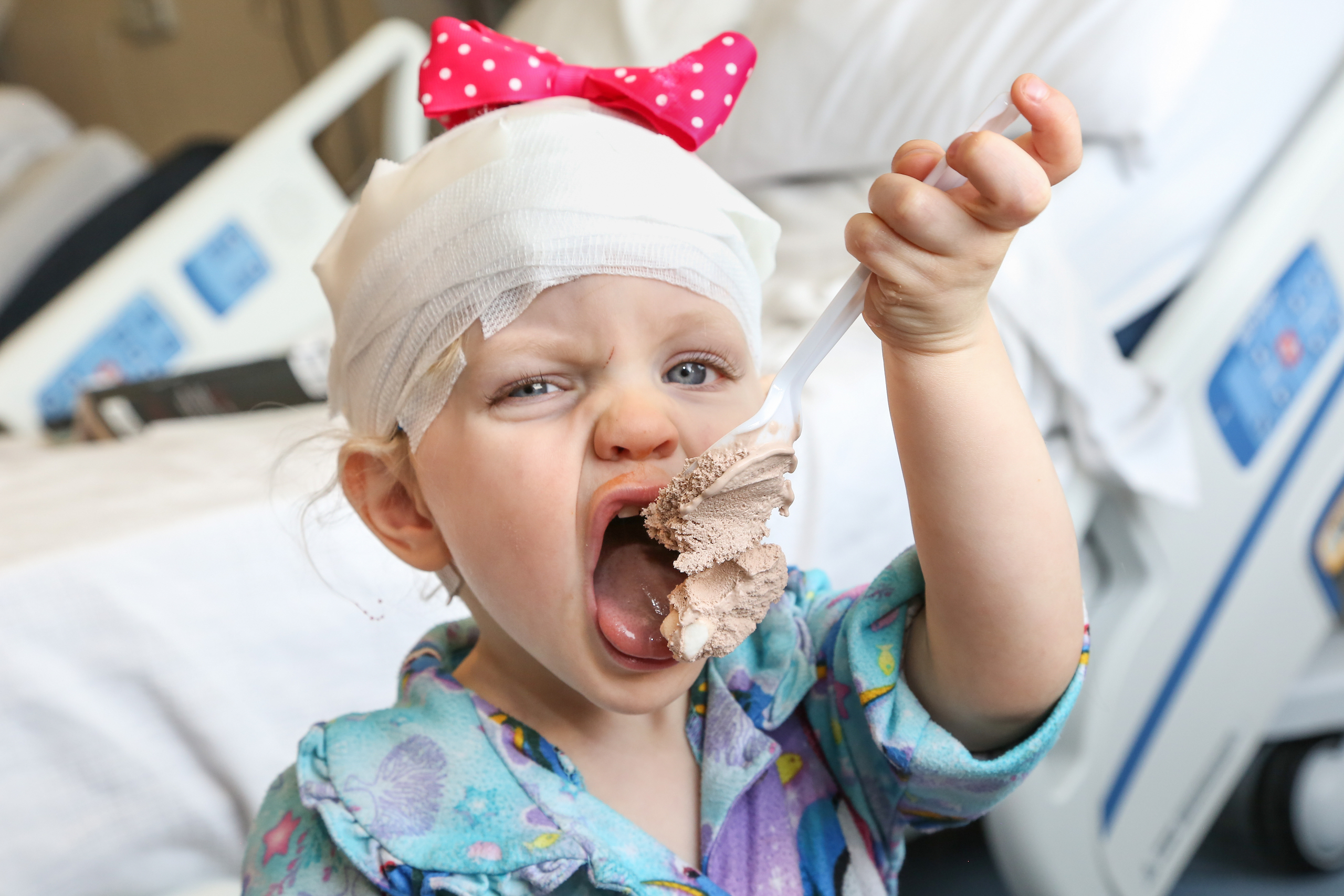
Every day, children’s hospitals help make moments possible. From providing access to the comprehensive care that children need to grow up to supporting children, teens, and their families with specialized treatment for some of the most complex illnesses. Discover more about the moments made possible by children’s hospital through patient stories from around the country.

With specialized, comprehensive care in hospitals tailored to the unique needs of pediatric patients, children’s hospitals help children and teens like Bolton defy the odds.
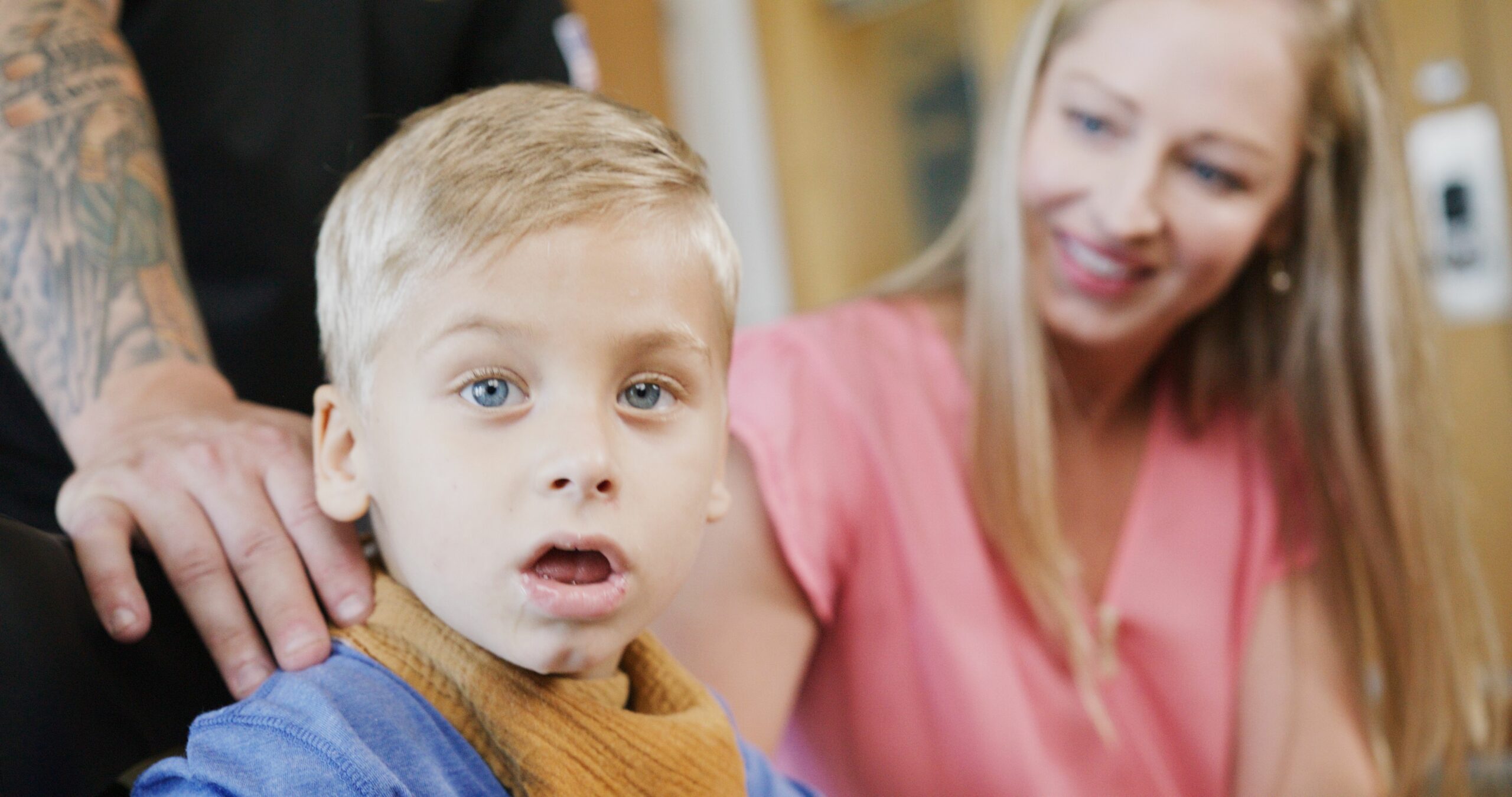
Children’s hospitals provide advanced care for the most complex conditions in environments specially designed for pediatric patients, allowing children like Isaac to thrive.
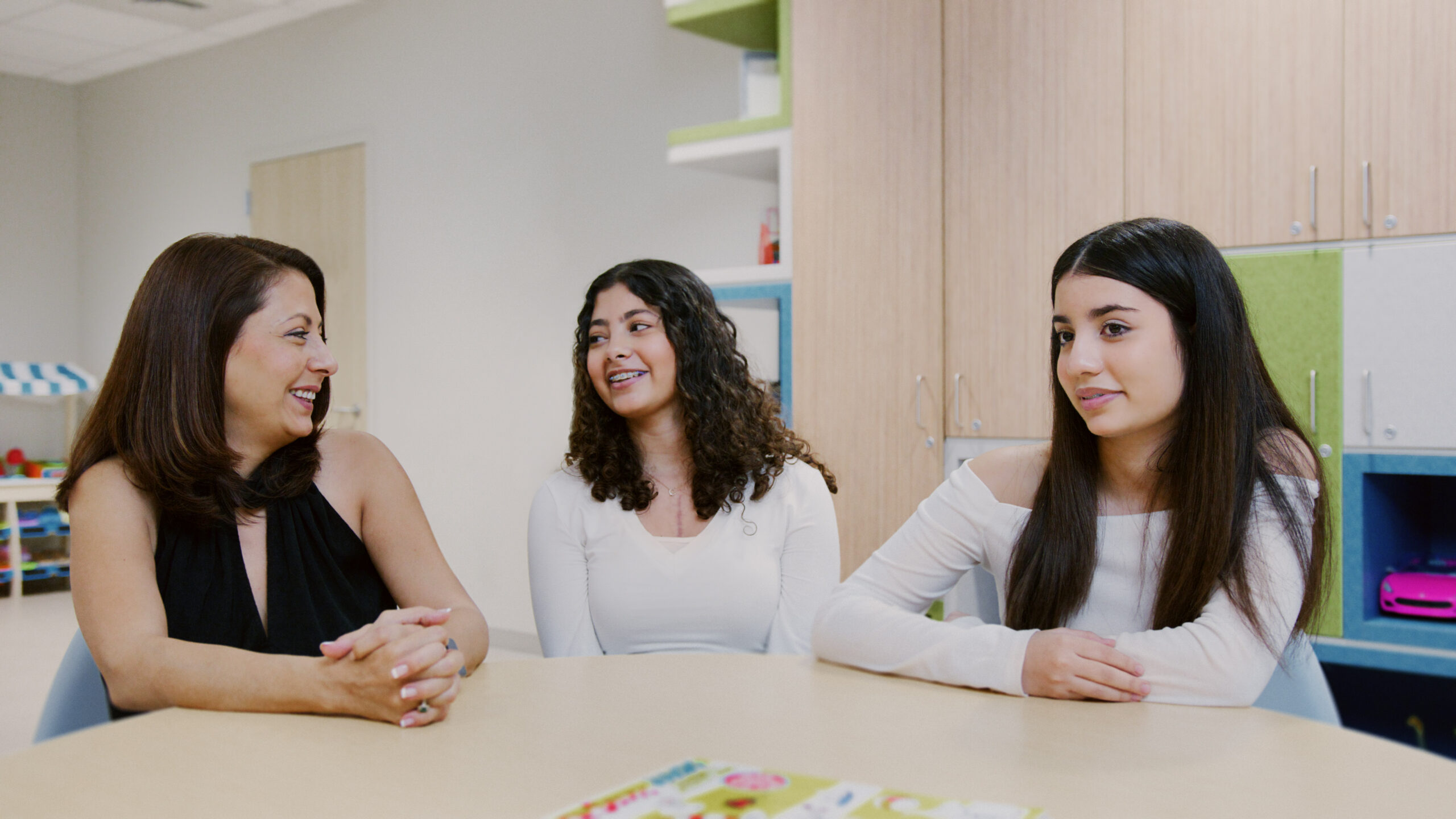
The specialized multidisciplinary teams at children’s hospitals ensure that children and teens – like Cami – can beat multiple complex conditions like cancer and heart failure.
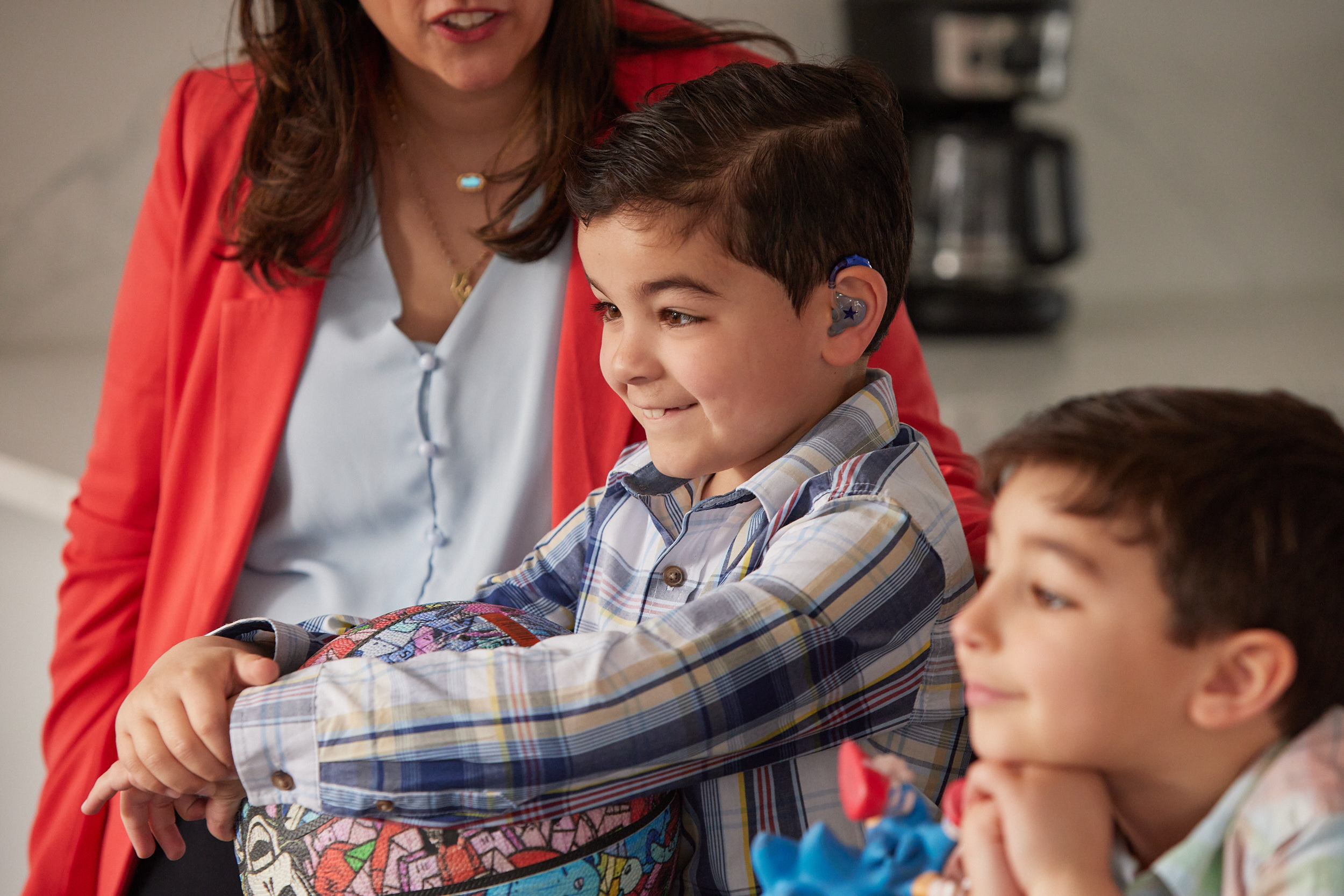
The advanced, specialized care that children’s hospitals provide make moments – like Joseph beating pediatric brain cancer – possible.
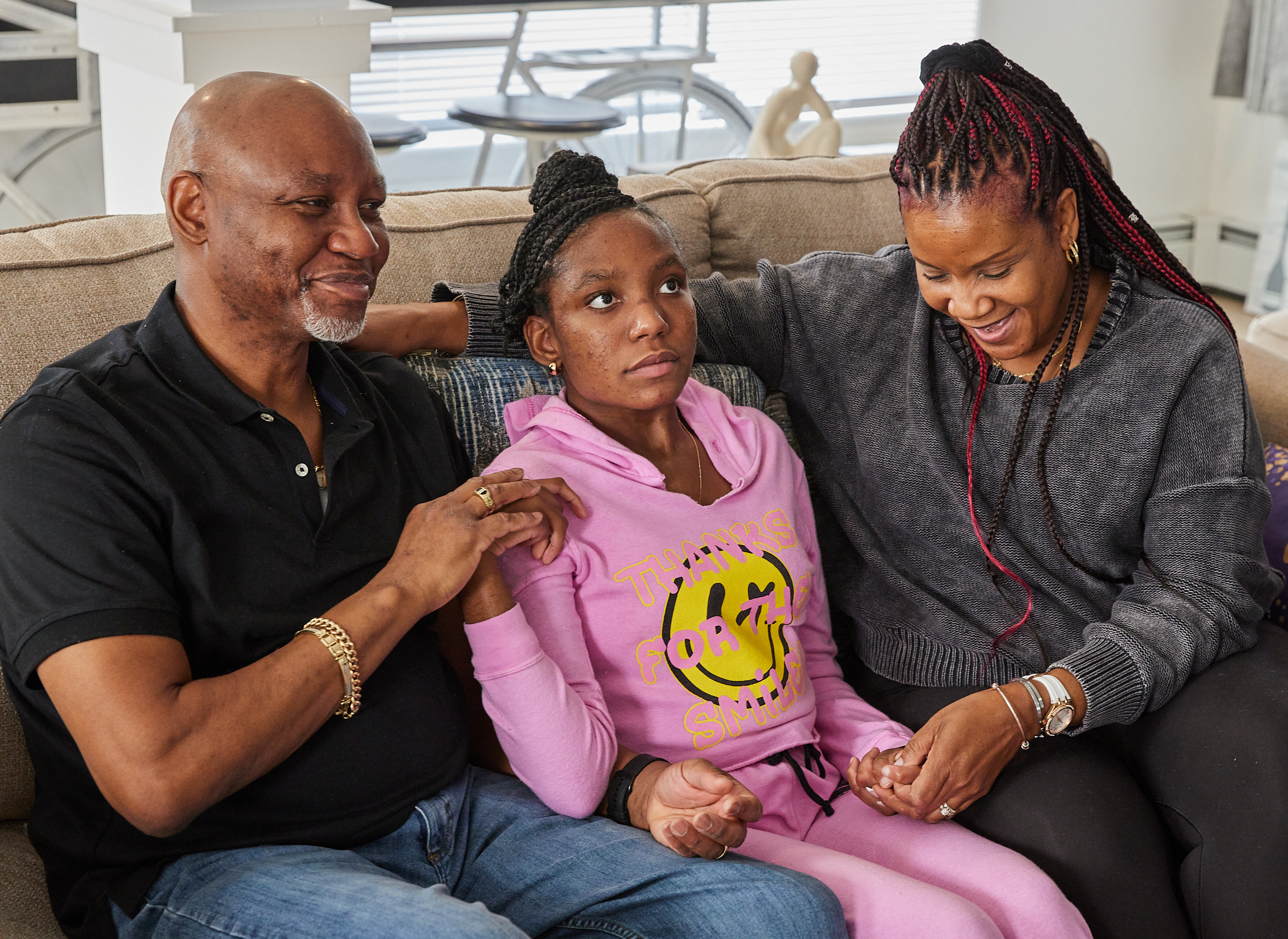
With care delivered by specially trained pediatric clinicians, in environments designed just for children, children’s hospitals help children and teens – like Daniella – navigate complex medical conditions.

When Sriansh was just three months old, his family grew concerned as he slept most of the day, arched his back, and could not control his eye movement. His parents brought him to Cincinnati Children’s, where he was diagnosed with AADC deficiency, a rare genetic disorder that disrupts dopamine and serotonin production in the brain. Sriansh’s family was told he might never walk, talk, or lift his head. But thanks to an experimental gene therapy clinical trial, his story took a groundbreaking turn. At just 16 months old, Sriansh became the youngest child in the world to receive a one-time gene therapy treatment, delivered directly into the brain through a minimally invasive surgical technique. His care team inserted an engineered virus carrying the missing gene, allowing his brain to begin producing the essential chemicals it lacked. Today, Sriansh is walking, running, and thriving because of this innovative clinical trial. This pioneering work helped lead to the first-ever FDA-approved gene therapy administered directly to the brain, offering hope for patients with rare genetic diseases once thought untreatable.
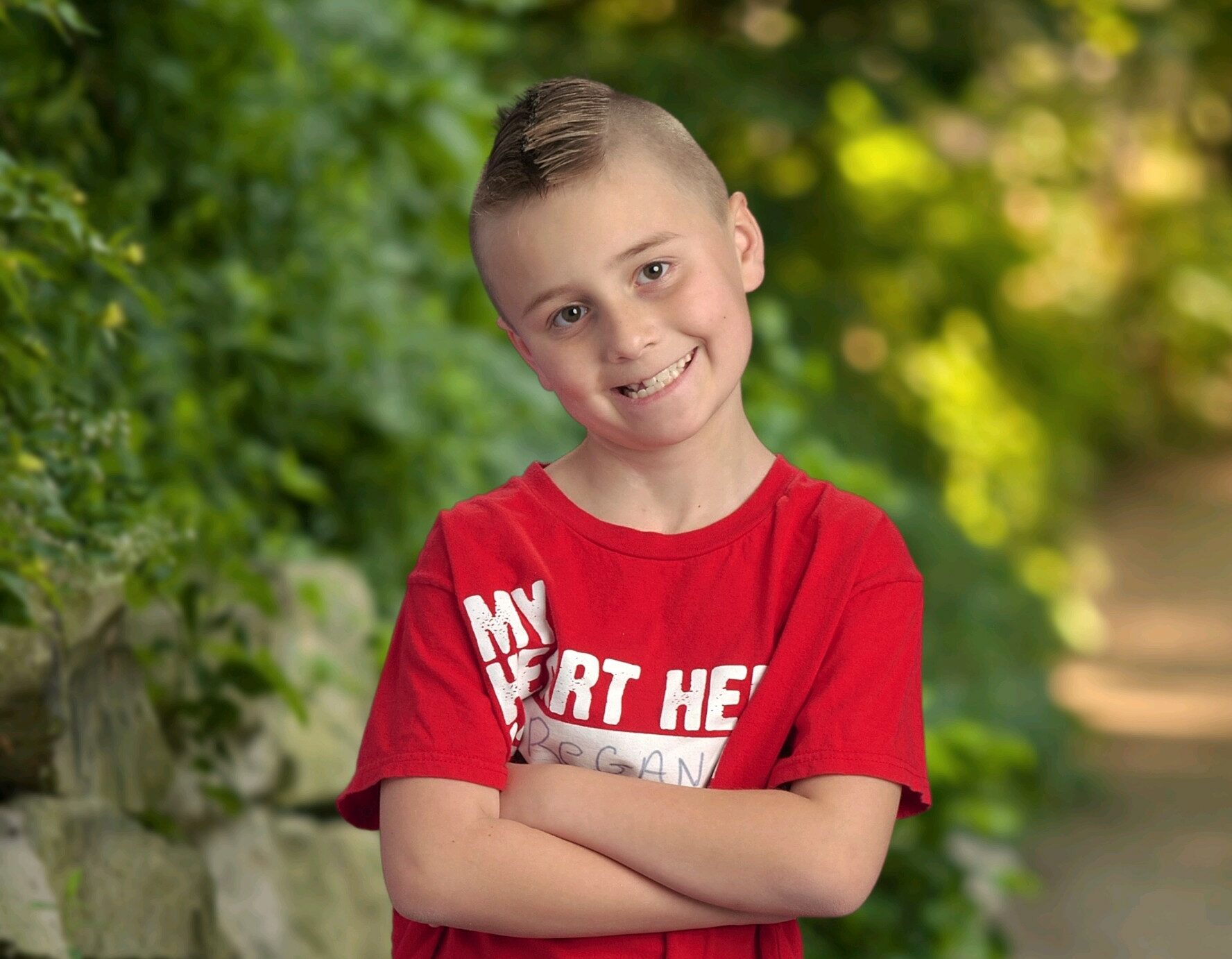
By the time Regan was six years old, he had already undergone four open heart surgeries and one heart transplant. Because of these surgeries, Regan now has to get blood drawn for lab tests regularly. But with his numerous medications and all the blood draws he’s had over the years; his veins can be tricky to access. The draw station he was frequenting experienced staff transitions, and the newer nurses, unfamiliar with Regan’s complexities, often accidentally poked him and wore out his veins trying to draw blood. With his complexities, his family quickly reached out to MercyOne Children’s Hospital and was met with specialized pediatric nursing staff who could efficiently draw Regan’s blood and send it over to his physician. Now, Regan routinely visits his care team at MercyOne Children’s Hospital, where he gets his labs drawn as necessary without any anxiety.
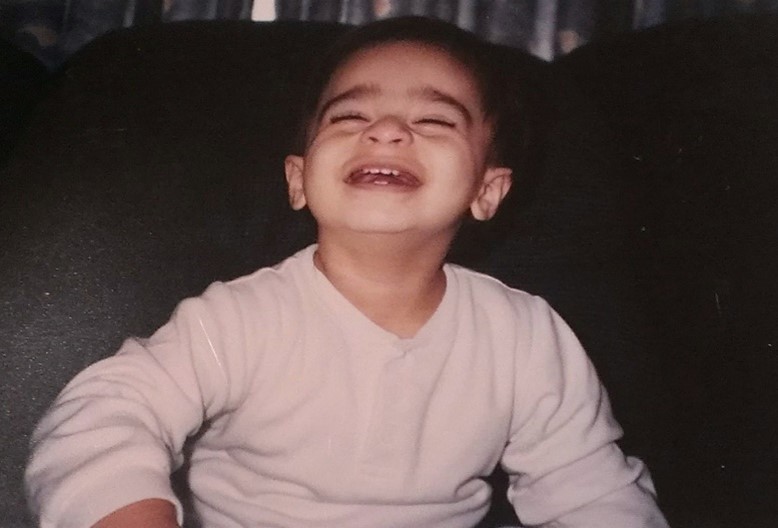
When a young boy was diagnosed with an optic glioma brain tumor, he and his family uprooted their life in Tehran, Iran, traveling 6,000 miles to Seattle Children’s Hospital. Once he arrived at the hospital, he found a specialized team who understood his condition and could offer the chemotherapy and radiation he needed. After nearly four years of treatment, he continued to attend routine endocrinology appointments and receive MRIs to ensure the tumor was stable. During all these years spent frequenting the hospital, he formed long-lasting bonds with the staff who offered him love and support throughout his journey. Especially as he balanced his health battle with living in a new country and learning a new language, his care team became a second family, ultimately inspiring him to follow in their footsteps. Today, he’s a healthcare professional at Seattle Children’s and spends his time uplifting patients and families in the same way his team did for him.
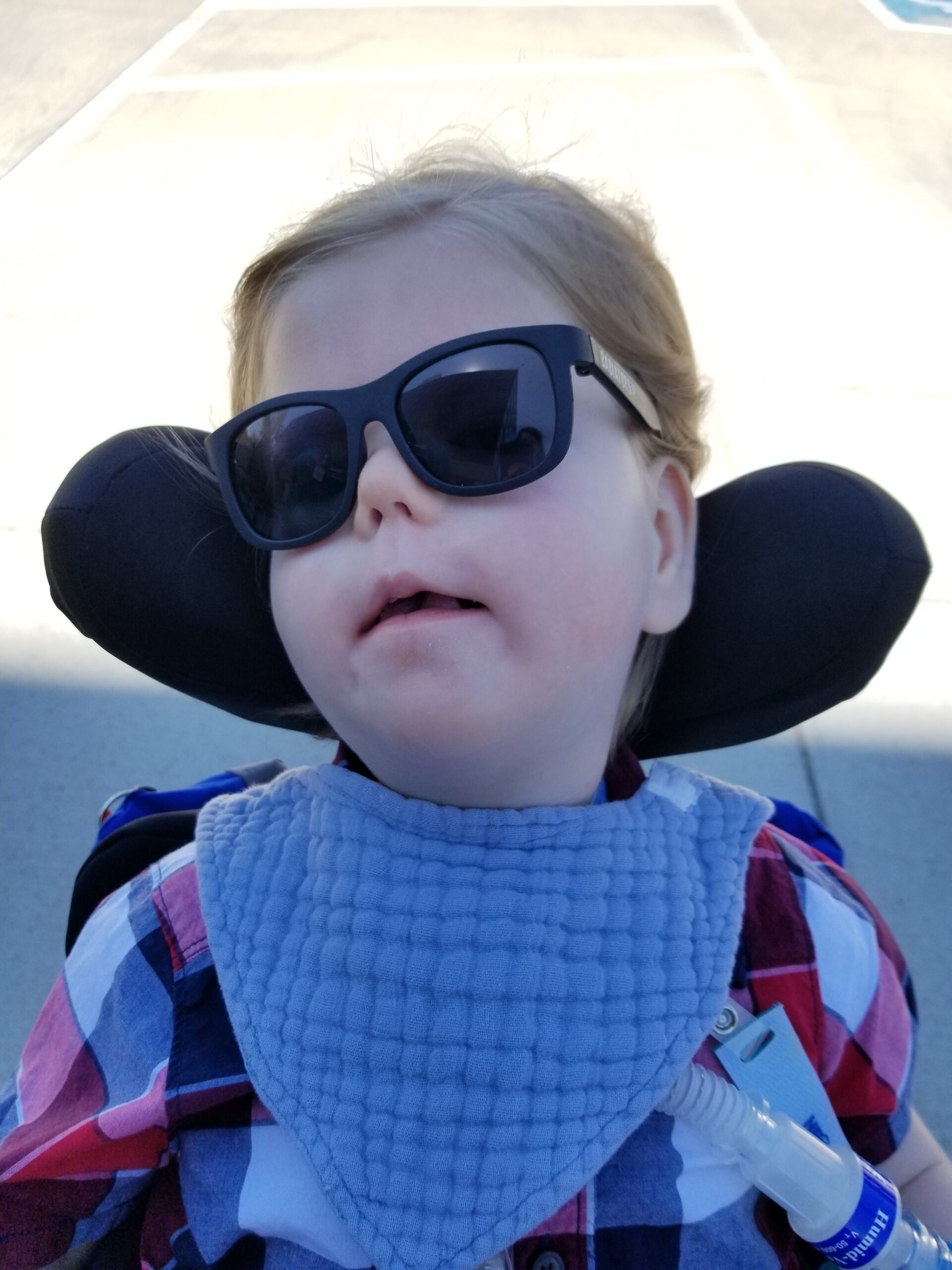
Rowan Humphrey is almost two years old and works hard every day to master a skill that might not come as easily for him due to muscular dystrophy, a disease that causes weakness and degeneration of skeletal muscles. But because of KidStreet, a half-day therapeutic program delivered by Children’s Hospital Colorado, Rowan is learning new things every day. He works with occupational, physical and speech and language therapists, medical assistants, music and art teachers, care coordinators, nurses and clinical nurse specialists, mental health consultants, early child educators, and more – and gets to socialize with other children his age. The care team at KidStreet has given Rowan, who is nonverbal, a voice by working with him to use eye gaze technology to communicate. Through this work, Rowan is learning new ways to interact with those around him, allowing his world to expand and his impact on that world to grow. KidStreet is funded by Medicaid, which makes this outpatient therapy option for children with medically complex conditions more accessible and affordable.
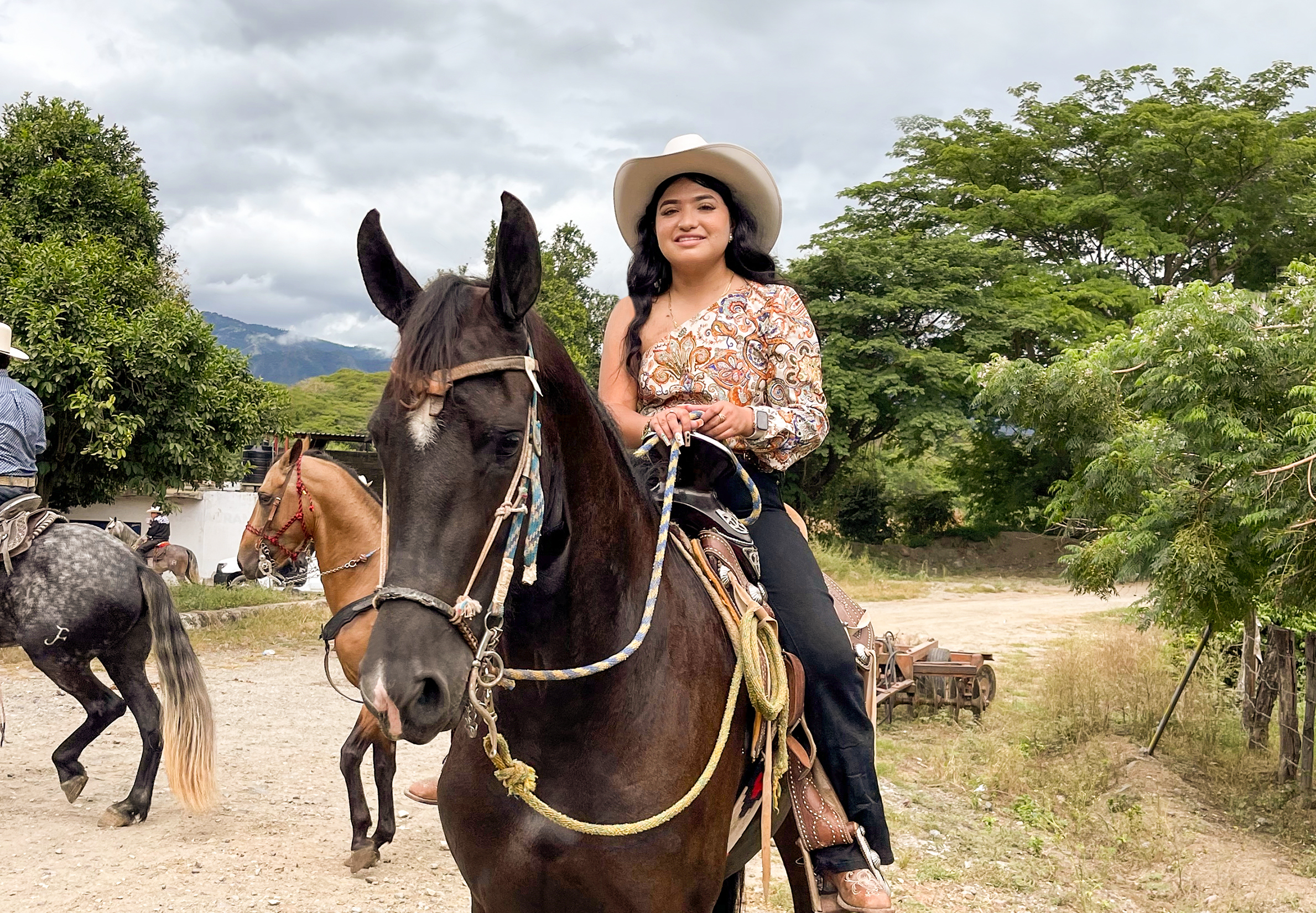
Diana was born with pseudo-obstruction syndrome, a chronic condition that prevents muscles in the intestines from contracting normally. At only four years old, Diana received her first intestinal transplant at Stanford Medicine Children’s Health. While the transplant performed well for years, she eventually developed a severe rejection of her graft, which ultimately led to the removal of her intestines. For the following five years, Diana could not eat or drink independently and lived on parenteral nutrition (TPN) – an IV delivering liquid nutrients to her body. When she turned 16, she decided she wanted a better life. Diana received a successful multiorgan transplant of a liver, pancreas, and intestines. Today, Diana has no signs of organ rejection and spends her time enjoying life as a teen and is back to eating her favorite foods. Diana plans to attend nursing school so she can one day work in pediatric care.
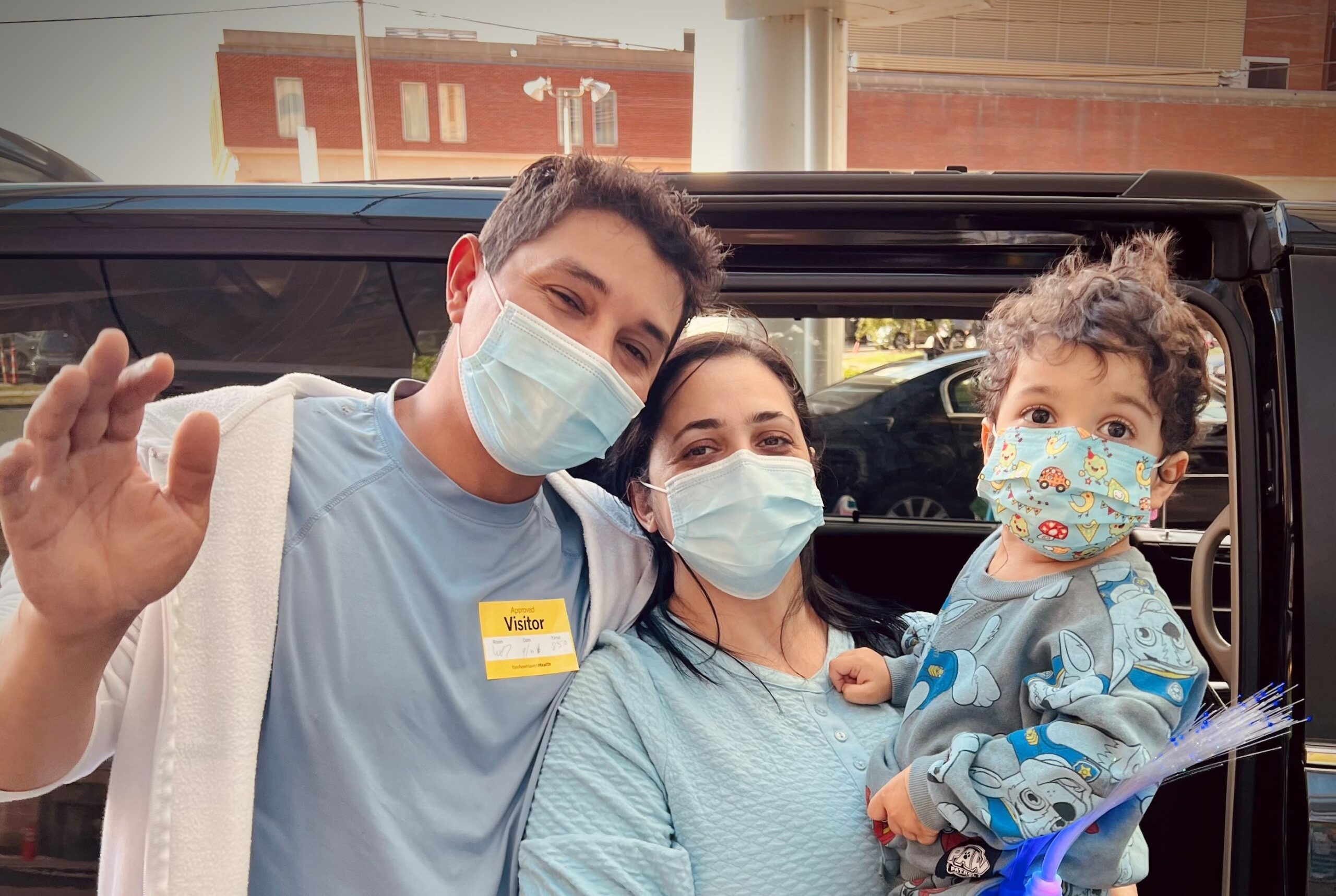
Adam was born with a rare heart defect, one that typically requires a few surgeries to correct. Due to a continued weakening of his heart and a clotting complication, Adam didn’t just need reparative surgery, he needed a transplant. Because of his heart condition, Adam had spent much of his short life in the hospital. Through all his ups and downs, he maintained his silly demeanor – making those around him laugh. Adam and his family had to be cautious about infection prevention during the wait for a heart because even a cold or minor illness could delay the surgery. After a five-month wait, the team at Yale New Haven Children’s Hospital got the perfect heart for Adam. He had a successful transplant and was able to go home three weeks later. Almost three years old now, he loves playing with cars and keeping up with his older brothers.
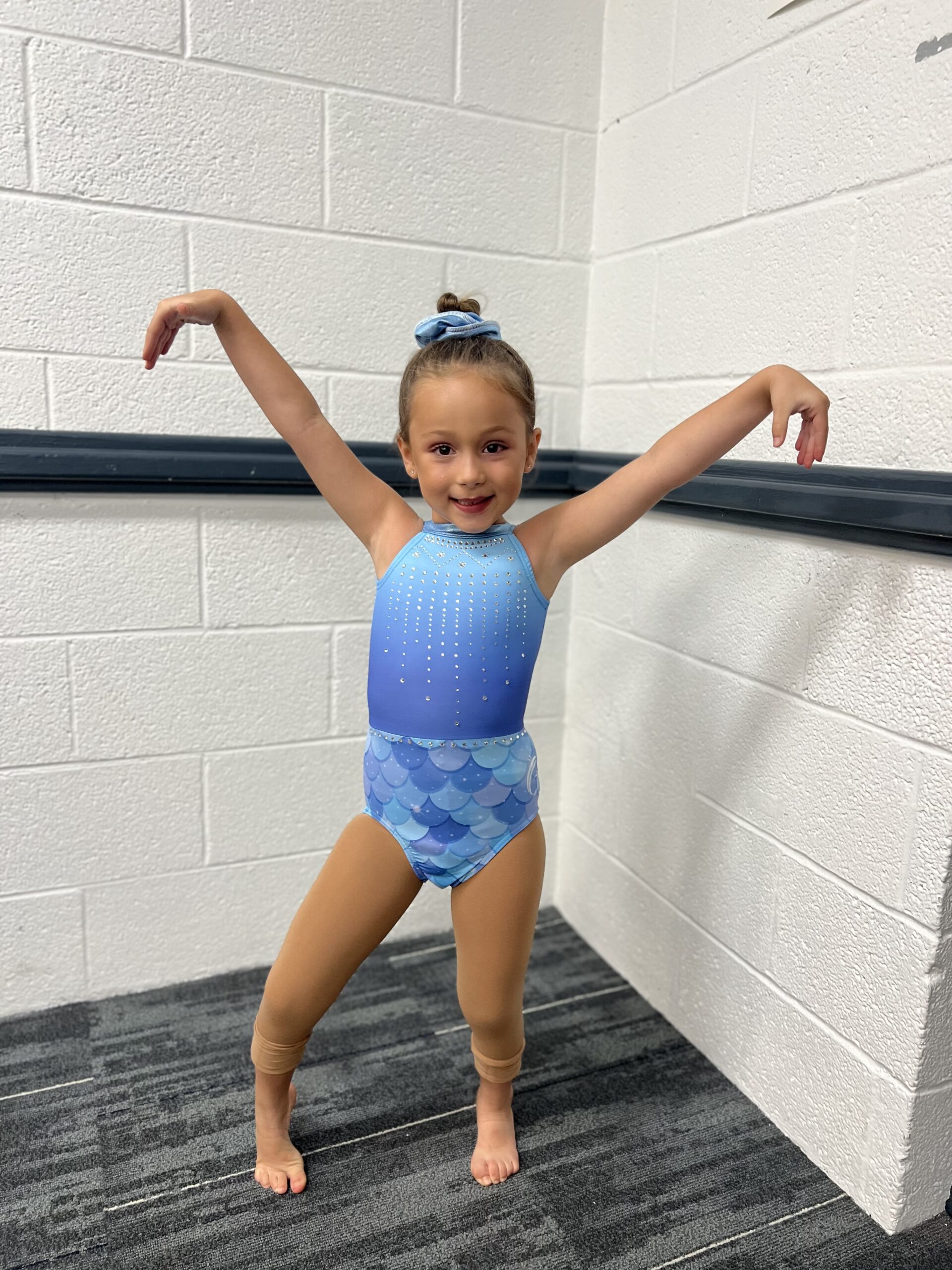
At a run-of-the-mill 19-week prenatal scan, Baylee and Louis found out that their daughter had spina bifida, a birth defect that causes the spinal column to form improperly. After weighing their options, Baylee underwent fetal surgery at the Richard D. Wood Jr. Center for Fetal Diagnosis and Treatment at Children’s Hospital of Philadelphia (CHOP). The delicate procedure required surgeons to open Baylee’s uterus and close the opening in the baby’s back. At first, it was unclear what their daughter’s future would look like. Spina bifida can result in brain abnormalities and mobility issues. But after their daughter Mason was born, it was clear that the procedure had been a success. Mason came out kicking and screaming, a positive sign of normal brain and bodily function. Now, Mason is 5 years old and continues to exceed doctors’ expectations and surpass developmental milestones. Mason’s family believes that the outcome would not have been possible without the doctors at CHOP.